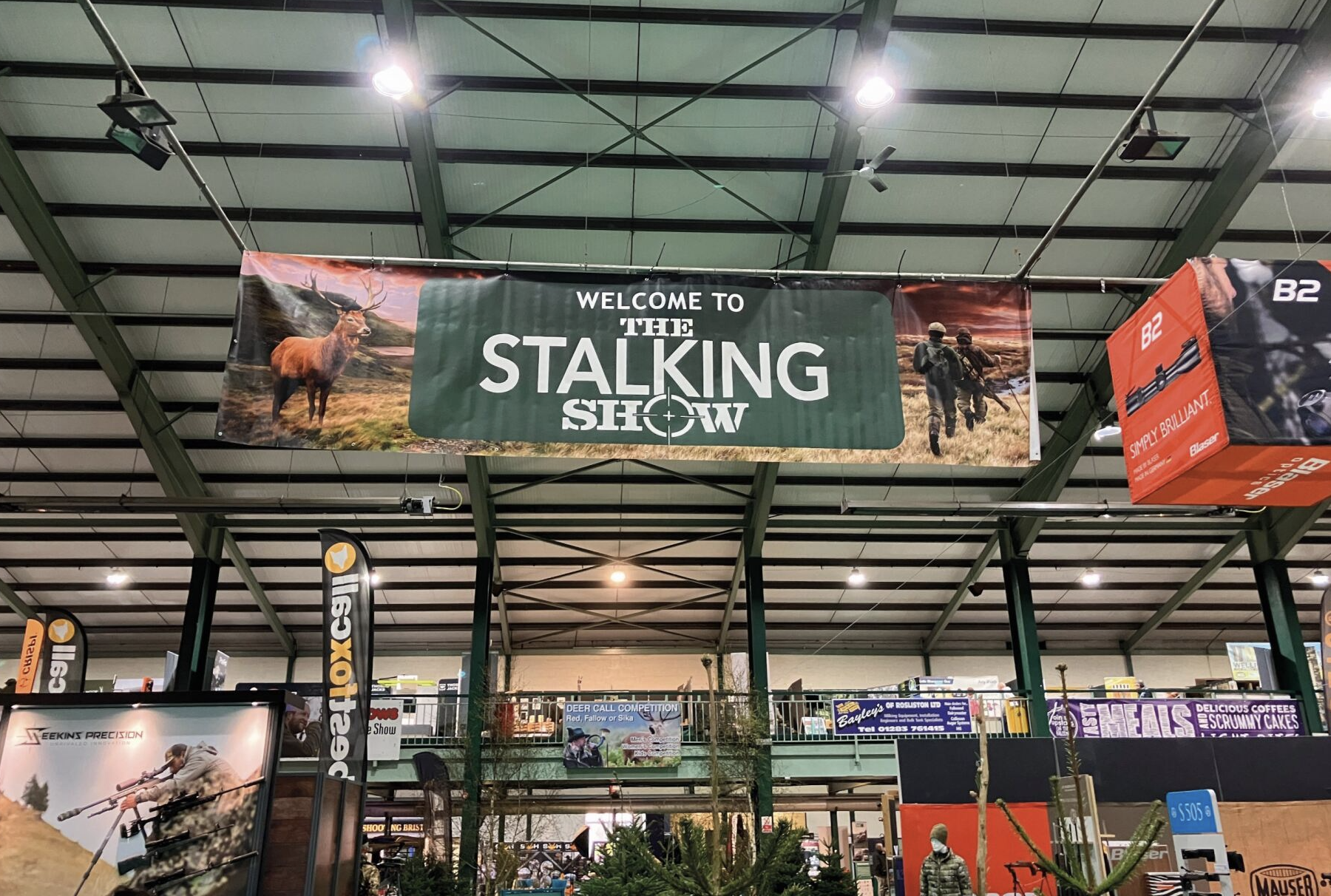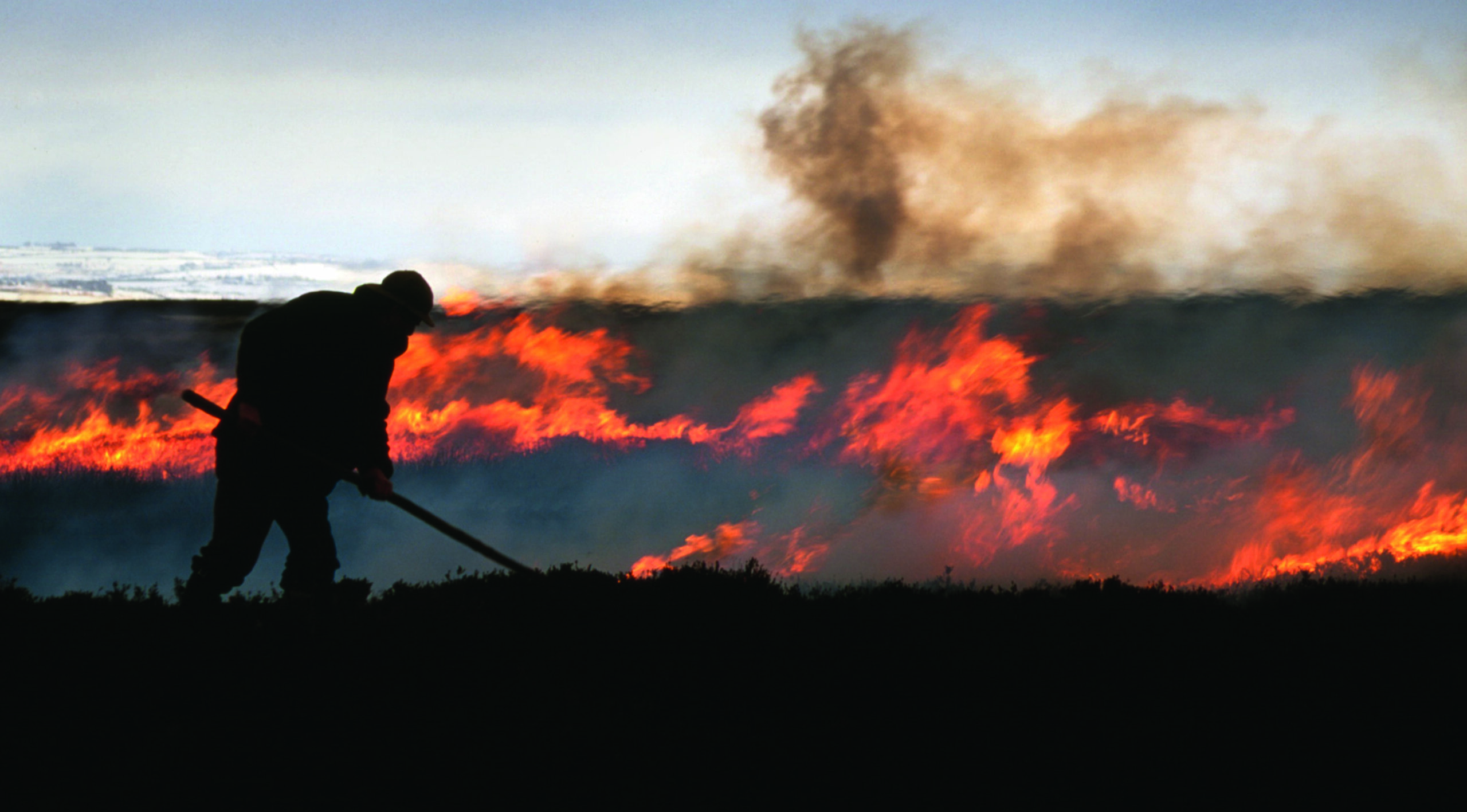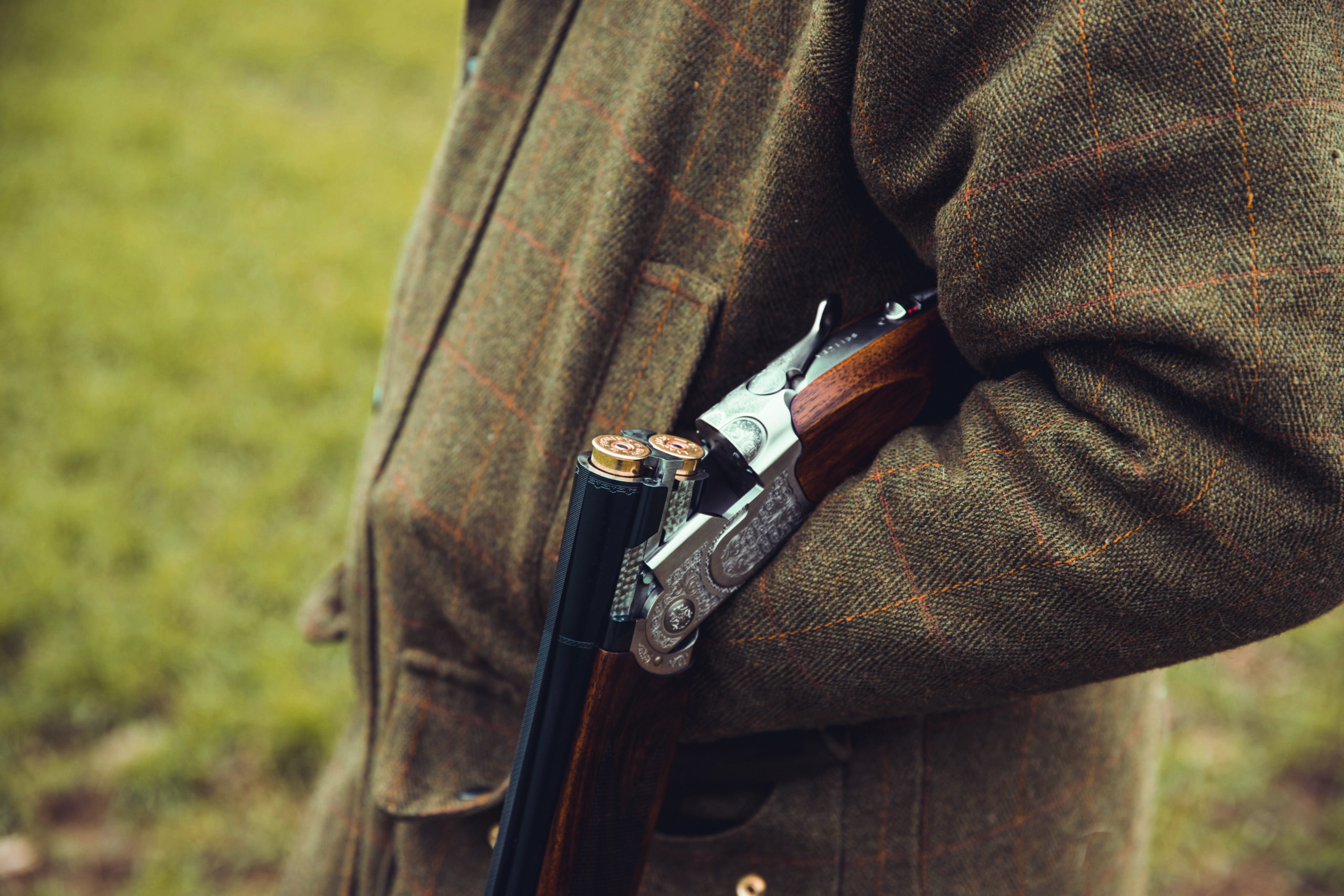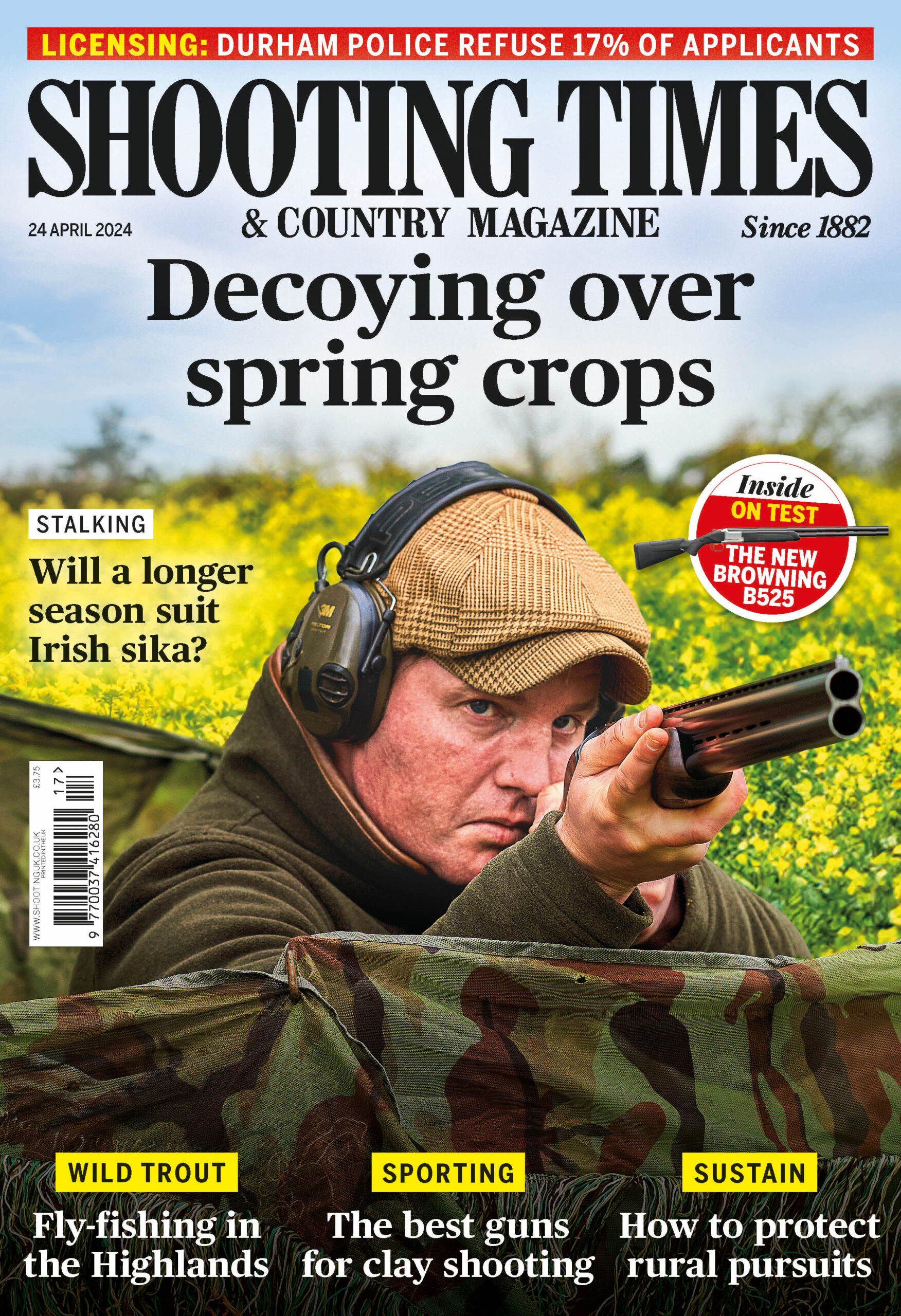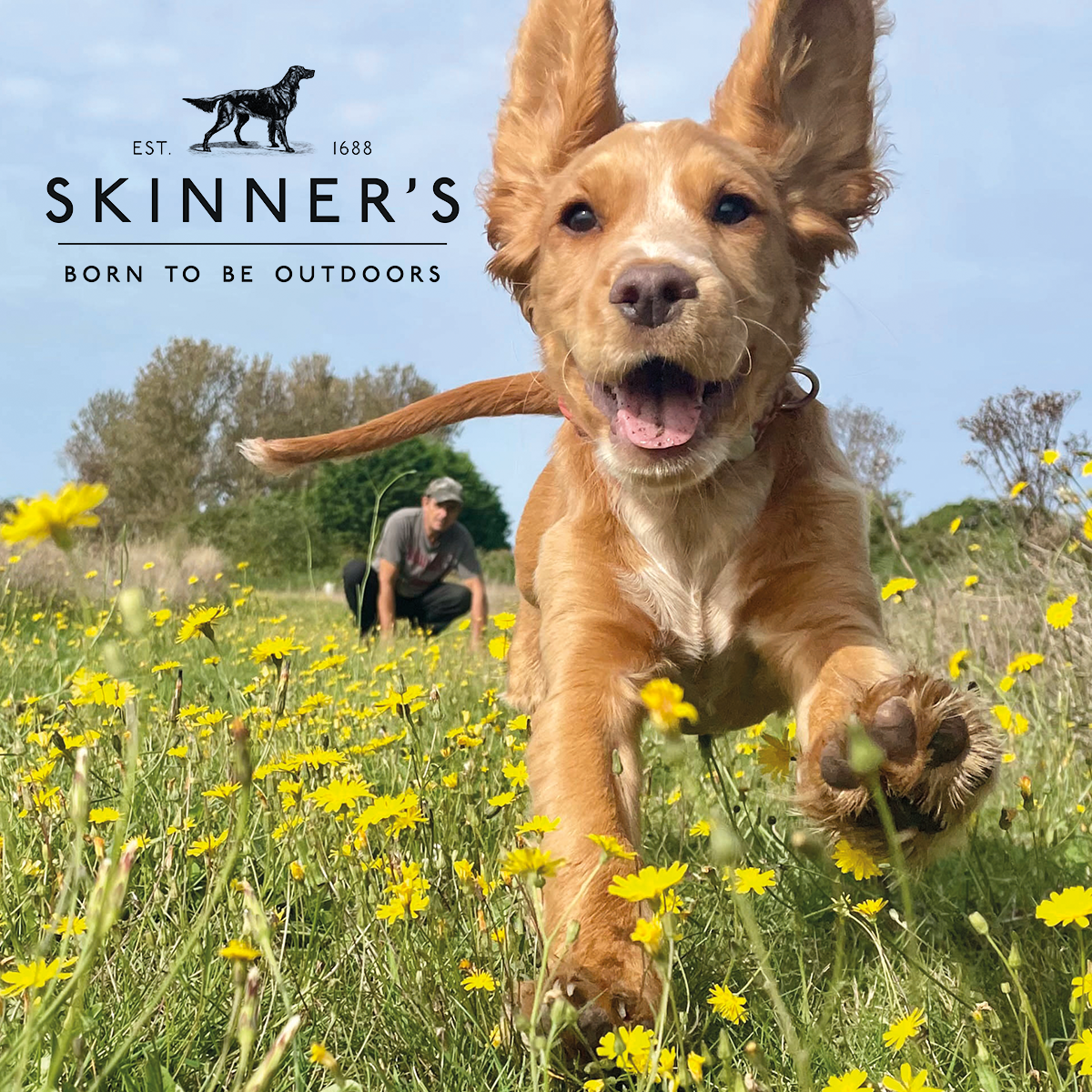Death threat to Scottish National Heritage chief after raven cull decision
Police are investigating a death threat against Mike Cantlay following criticism by naturalist Chris Packham of the decision to license a raven cull in Perthshire
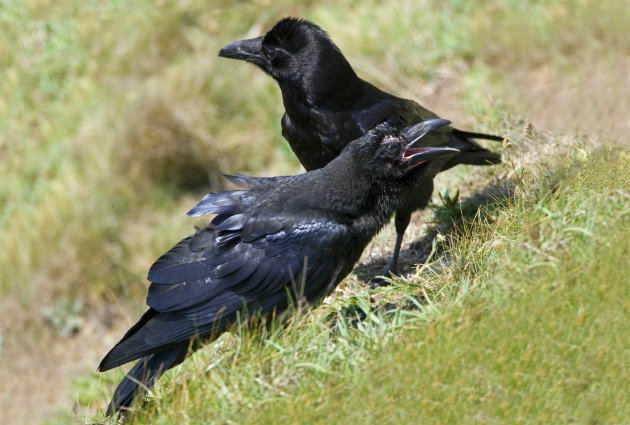
The cull of ravens in Perthshire is to protect wading birds such as curlew, golden plover and lapwing
Scottish Natural Heritage (SNH) chairman Dr Mike Cantlay has received a death threat after Springwatch presenter Chris Packham criticised a decision to license a raven cull in Perthshire.
SNH granted a research licence to Strathbaarn Community Collaboration for Waders, which wants to protect declining wading birds such as curlew and lapwing. Activists have reacted angrily to the decision, describing it as a betrayal.
Mr Packham has denied any link between the death threat and the email he sent to Mr Cantlay and has called for the abuse to stop. Police are investigating the matter.
Wholly disingenuous of @thetimes to imply that my letter to the Chair of @nature_scot prompted threats to him when my policy of democratic , peaceful and polite protest are well known . . . and . . . 1/2 https://t.co/pdiYT3BekG
— Chris Packham (@ChrisGPackham) May 4, 2018
A difficult topic
Nick Halfhide, head of sustainable development at SNH, told BBC Scotland: “We understand that people find this a difficult topic. Killing one species to protect another isn’t something that others like, but unfortunately it’s something land managers do on a regular basis and they have to do that to protect their interests.
“It’s not just land managers, farmers and gamekeepers, but it’s also something that the conservation bodies do on a regular basis. Indeed the RSPB itself acknowledges that it kills more hooded crows in a year than we have given a licence for for ravens in this case.”
Liam Stokes, head of shooting at the Countryside Alliance, said: “As the anti-hunting, anti-shooting campaigning has become increasingly fraught, online abuse has increased alongside it. When Mr Packham talks about ‘bloodied tatters’ rather than engaging with the substance of the debate, abuse is always bound to follow.”
Chris Packham accused of misleading public
Chris Packham’s latest grouse against fieldsports is, literally, grouse. The BBC presenter has been using his public profile to endorse…
Should Chris Packham be forced to pack his bags and leave BBC Springwatch?
Tim Bonner writes: “The new edition of BBC Wildlife magazine carries a column by Chris Packham which is remarkable in…
Tough choices
Mr Cantlay told Shooting Times: “I absolutely appreciate the emotion that people feel for our wildlife. Every member of staff at SNH wants to do the very best for Scotland’s nature. But with our changing climate there are tough choices to be made.
“To not consider ideas from local community groups who see and deal with these issues every day would be a blinkered approach. We need to explore every method we can to help us protect some of our most loved species. We want to encourage community groups to come forward with projects like this, and I will commit as chair of SNH that through our scientific advisory committee we will fully share our findings and any future advice.”



